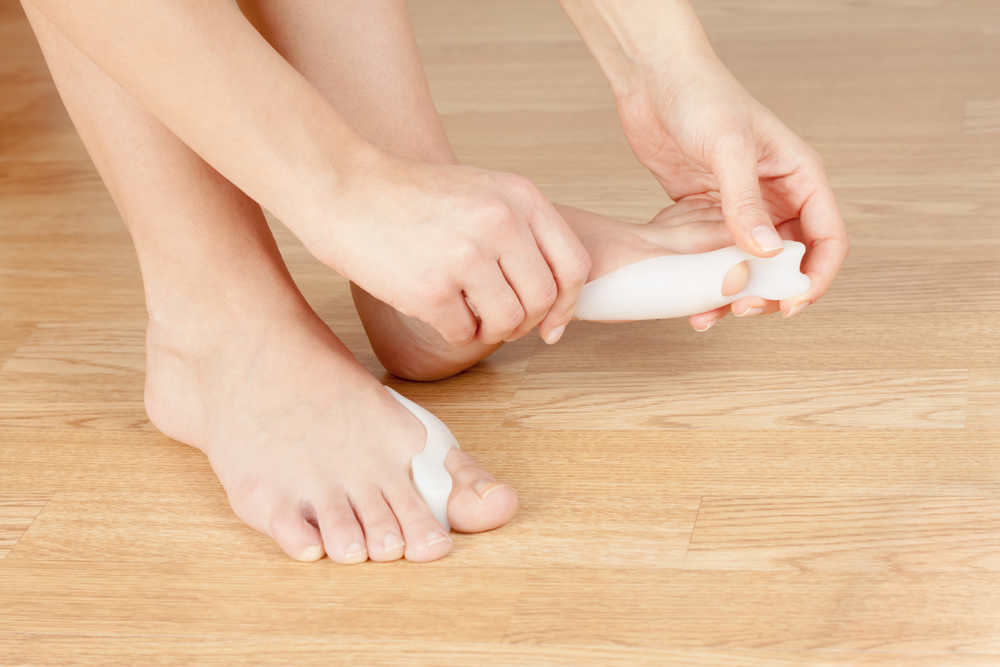Wheat dextrin is a fiber supplement to meet daily fiber needs and treat constipation. Wheat dextrin is a soluble fiber supplement made from wheat dextrin.
Wheat dextrin works by increasing the water content in feces, triggering bowel movements, and speeding up the process of expulsion of feces. This fiber supplement can also be used as an additional ingredient in cooking.

Wheat dextrin trademark: -
What is Wheat Dextrin
| group | Free medicine |
| Category | Fiber supplements or bulk-forming laxatives |
| Benefit | Meet daily fiber needs and overcome constipation |
| Consumed by | Adults and children |
| Wheat dextrin for pregnant and lactating women | Category N: Not categorized. Wheat dextrin is believed to be safe for nursing mothers if consumed according to the doctor's recommendations and the rules listed on the packaging. |
| Drug form | Powders, tablets and chewable tablets |
Warning Before Consuming Wheat Dextrin
There are several things you need to pay attention to before consuming wheat dextrin, namely:
- Do not take wheat dextrin if you are allergic to this drug. If in doubt, consult your doctor first.
- Talk to your doctor about using wheat dextrin if you have sores or strictures in your esophagus, difficulty swallowing, stomach ulcers, intestinal or digestive tract obstruction, or impacted stools.
- Talk to your doctor about using wheat dextrin if you are pregnant, breastfeeding, or planning a pregnancy.
- Talk to your doctor about using wheat dextrin if you are taking certain medications, supplements, or herbal products.
- Immediately see a doctor if an allergic reaction or overdose occurs after consuming wheat dextrin.
Dosage and Instructions for Use of Wheat Dextrin
The dose of wheat dextrin varies, depending on the age of the patient and the purpose of use. Here is the dosage for using wheat dextrin based on the form of the drug:
Wheat dextrin powder
Purpose: Meet daily fiber needs (as a fiber supplement)
- Mature: 2 measuring spoons which is equivalent to 4 grams, 3 times a day. The powder can be added to drinks or food.
- Children ages 6–11 years: 1 measuring spoon which is equivalent to 2 grams, 3 times a day. The powder can be added to drinks or food.
Purpose: Overcoming constipation
- Mature: 2 measuring spoons which is equivalent to 3.5 grams, 3 times a day. Dosage should not be more than 6 measuring spoons or 10.5 grams per day.
- Children ages 6–11 years: 1 measuring spoon which is equivalent to 1.75 grams, 3 times a day. Dosage should not exceed 3 teaspoons or 5.25 grams per day.
Wheat dextrin tablets
Purpose: Overcoming constipation
- Mature: 3 tablets equal to 3 grams, 3 times a day. Dosage should not be more than 9 tablets per day.
- Children ages 6–11 years: 1.5 tablets which is equivalent to 1.5 grams, 3 times a day. The dose should not be more than 4.5 tablets per day.
How to Consume Wheat Dextrin Correctly
Before consuming wheat dextrin, read the instructions for use listed on the product packaging. If you have doubts or have certain medical conditions, discuss with your doctor about the dosage, product options, and how to use according to your condition.
Consumption of wheat dextrin according to the recommended dose. Do not increase or decrease the dose without consulting your doctor first.
Wheat dextrin can be taken with or without food. Wheat dextrin powder form can be mixed with drinks or food, including yogurt or pudding. But it is not recommended to mix wheat dextrin with carbonated or fizzy drinks.
You are advised to always consume enough water during treatment with wheat dextrin.
Try to consume wheat dextrin at the same time every day for maximum treatment effect. If you forget to take wheat dextrin, consume it immediately if the next schedule is not too close. If it is close, ignore it and do not double the dose.
Store wheat dextrin at room temperature and in a closed container to avoid direct sunlight. Keep medicine out of reach of children.
Wheat Dextrin Interaction with Other Drugs
The following are some of the possible side effects of wheat dextrin when used with other medicines:
- Interference with the effect of fluxyglucose F-18 in radiological examination
- Decreased effectiveness of lactulose in treating portal-systemic encephalopathy
Wheat Dextrin Side Effects and Dangers
If taken according to the recommended dosage, wheat dextrin supplements rarely cause side effects. However, in some conditions, wheat dextrin can cause side effects such as:
- Bloated
- Fart often
- Stomach pain or cramps
Check with your doctor if you experience any of the side effects mentioned above. Immediately see a doctor if you experience an allergic reaction after consuming wheat dextrin.









